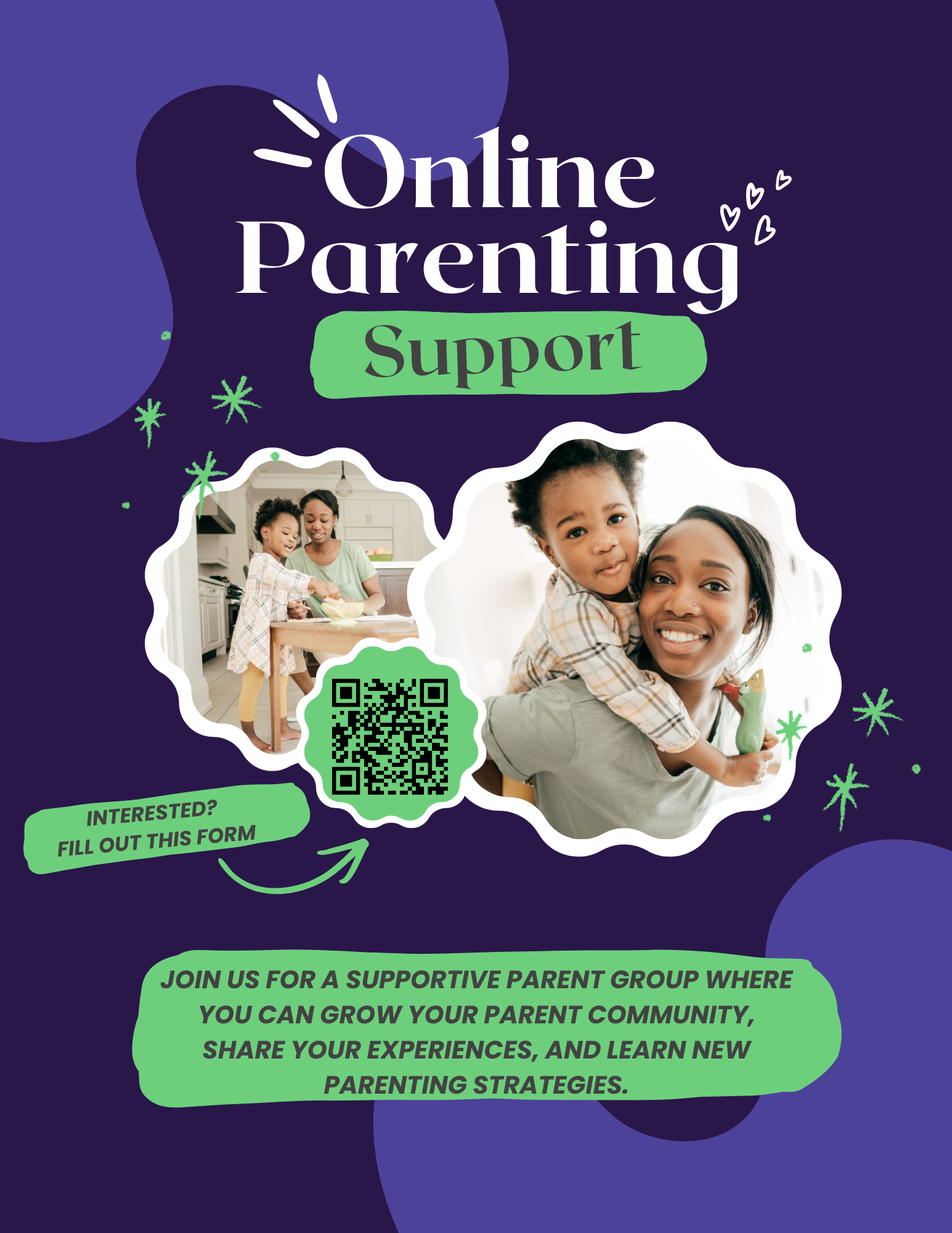Group Therapy
Group therapy is a form of psychotherapy that involves one or more therapists working with several individuals simultaneously. For kids and parents, group therapy offers a unique opportunity to explore shared experiences, challenges, and emotions in a supportive environment. It allows children to connect with peers who may be going through similar situations, facilitating a sense of belonging and understanding. For parents, it provides a platform to learn from their child’s experiences and gain insights into effective parenting strategies. By participating in group therapy, both children and parents can benefit from a collective healing process that emphasizes empathy, communication, and mutual support.
Group therapy can yield numerous benefits for both kids and parents. Therapists guide the sessions, ensuring that discussions remain constructive and focused on growth and healing. They introduce coping techniques, facilitate communication, and encourage participants to express themselves in a safe space. For children, this can mean learning to articulate their feelings and developing social skills. For parents, it can enhance their understanding of their child's perspective and improve family dynamics. The journey of group therapy often involves regular sessions where progress is shared, and new skills are reinforced. Over time, participants often find themselves better equipped to handle personal and familial challenges, strengthened by the community they have built within the group.
Schedule your FREE consultation today!
-
There are several benefits to participating in group therapy. Here at Healthy Minds we offer two primary types of groups: Skill Building Groups and Process Groups.
The main style of group we offer supports Skill Building. In our skill building groups, we follow a curriculum to help educate and normalize different aspects of everyday life that continue to pose a challenge for our participants. Such skills we work on are Social Skills, Executive Functioning Skills, and Growth Mindset, all of which help people participate in group settings with more ease and success. In these groups, we spend our time educating participants and their families about how to understand and master the skill set being offered. While having multiple members participating in our skill building groups may provide extra benefits, such as opportunities to practice real-life situations in a small setting and learning from other peoples' experiences, the size of the group does not impact the delivery of information that will, in turn, support the participants' success in everyday group settings.
Our Process Groups, however, do depend more on group size. Process groups are useful in normalizing everyday experiences related to our mental health that may cause a person to feel isolated and alone in their experiences. This is an opportunity to discuss our everyday challenges in a safe environment and acquire the skills needed to manage mental health.
Groups are not individually tailored to any one specific clients' needs, however, the facilitators are skilled in highlighting the goals each client enters the group with. When more specific needs to an individual arise, we can offer the opportunity to meet one-on-one with a parent to provide additional support and feedback.
-
While searching for therapy options to help build your child’s social skills, groups are typically the first place parents look for support. However, when a child needs tailored support, their ability to engage in a group setting decreases, and they often become an observer rather than a participant. In a group setting, participation is the key to developing improved social skills, so if a child requires more individualized support, it can be difficult for them to make significant progress in a group environment.
In these cases, dyadic therapy can offer an effective alternative. Dyads involve one therapist working with two children and offer many benefits that a group cannot. In a dyad, the therapist is able to provide more individualized support and attention to each child, which provides flexibility in specific interventions that address the unique needs of each child. This personalized approach allows for a deeper exploration of challenges, as well as an opportunity for an individualized treatment plan. Dyads create a safe and supportive environment where children can express themselves openly and receive reassurance from one another with the support of a clinician.
While dyads follow a therapeutic curriculum that is similar to a group, they allow each child to practice new skills and increase their confidence in the safety of a smaller supportive environment. The skills needed to engage and actively participate in a group are practiced and enhanced in a dyad setting, so if you are looking for your child to participate in a group in the future, dyads are a wonderful first step toward setting them up for success. Overall, dyadic therapy offers a valuable therapeutic approach that prioritizes the ability to engage with other children, while addressing the child's emotional and behavioral needs, in a supportive and personalized manner.
GROUP THERAPY
2026 Line-Up
Winter Groups: 11/1/25 - 2/28/26
Spring Groups: 3/1/26 - 5/31/26
Summer Groups: 6/1/26 - 8/15/26
Fall Groups: 8/16/26 - 10/31/26
See all upcoming events
Custom Group Therapy
Does your child have a group of friends that want to participate in a group at Healthy Minds together? We can facilitate one of our staple topics, or create a custom curriculum to meet the needs of your group. If you have 4-6 children whose parents are interested in a specific topic for your group, please reach out to our team to get the process started.







